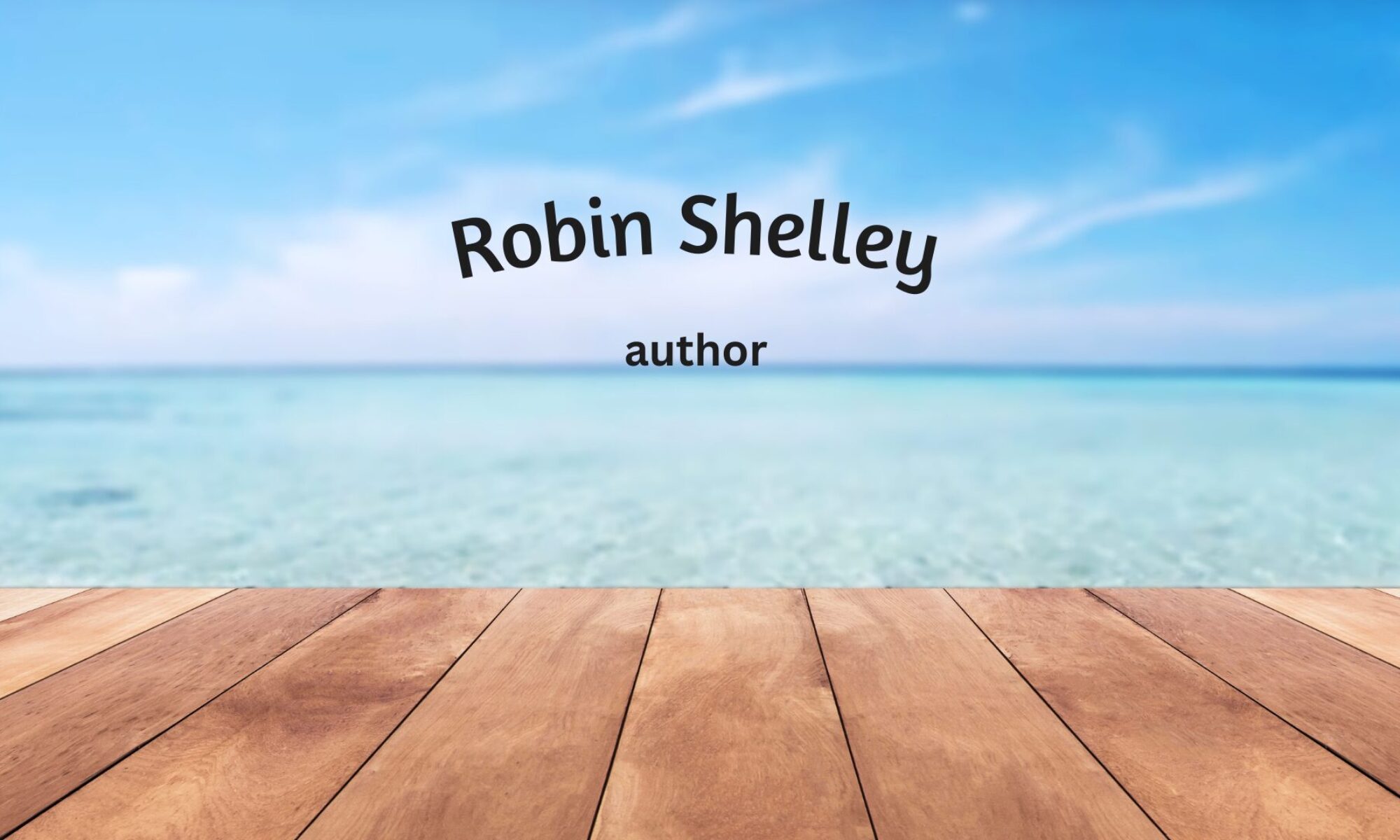Hi Shells! Thanks for opening my post today. I hope you are enjoying my blogs. Please share with your friends and family. The more, the merrier! Anyone can go to robinshelley.com and sign up to get my blog sent directly to their email box. Your support is much appreciated!
Over the last few years I’ve been learning about the publishing world so I can make an educated plan of attack to get my book published. To publish in the traditional way (not self-publish), I need to find an agent who believes in my writing and my book. When approaching agents, one thing they want to know is the book’s genre. That sounds like an easy request, but not all novels are cut and dry. It’s actually a deeper topic than it first appears for identifying my novel, The Lighthouse Legacy.
Let’s start analyzing: It’s fiction. That’s easy. It has romance in it, but it isn’t a romance book. Still, women readers will be attracted to this story which includes romance. The protagonist strives to overcome his past to become a better person because of the woman he’s falling for. Ahhh, it must be women’s fiction, right? Wrong. Apparently this isn’t the normal formula for women’s fiction. People in the industry argue that women’s fiction must have a female protagonist. Go figure!
Ok, well . . . The Lighthouse Legacy centers around Ryan, a male protagonist, who must break a family cycle to find success in love again. It’s his journey, and yet this multi-generational story is so much more. Ryan arrives in Port Morgan to learn about his grandfather who was a lighthouse keeper there. Through his interest in his family’s past, Ryan meets Kate, a shop owner and local history junkie. She discovers a journal written by Ryan’s grandfather. As they follow up on stories in the journal, Kate and Ryan build a relationship. Together they investigate unanswered questions about a moonshine rivalry during prohibition, his grandfather’s death, and an antique necklace. Meanwhile, when a rich developer wants to force Kate out of business, Ryan tries to fix the situation for her. Plenty for both women and men to enjoy!
During my research to identify the genre, I kept believing my novel was women’s fiction. I went looking for well-written and well-received books that would prove that women’s fiction can have a male protagonist. That’s how I stumbled upon Sand Dollar: A Story of Undying Love by Sebastian Cole. Unfortunately he doesn’t label his book as women’s fiction. He considers his book romantic fantasy. So does that mean my novel is romantic reality? Is there such a genre? Silly, right? It just shows how hard it is to wrap my head around this genre debate.
After reading Sand Dollar and writing The Lighthouse Legacy, I don’t see why male protagonists aren’t in more stories with romantic elements. A male character can be strong while also having a vulnerable side due to love. After all, isn’t that what women are looking for in a mate?
Yes, the industry looks for a female protagonist for women’s fiction, but I continue to wonder why it can’t include male protagonists who are made better by a good woman. Don’t most women think their guy is a better man because of her influence in his life? Wouldn’t women want to read about a man who overcomes for his woman?
What do you think? Can women’s fiction have a male protagonist? Would that turn you off or doesn’t it matter to you? Let me know your thoughts.
Finally, after much deliberation, I’ve decided my book isn’t women’s fiction. Nope. It’s upmarket fiction with a crossover to the women’s fiction market (at least until someone in the industry tells me otherwise!) Upmarket novels lie somewhere between the commercial and literary genres. These books appeal to readers who want a high quality and complexity of writing but also look for strong characters and plot.
Okay, I’ll stop my ranting now. But since I read it for research, my next post will be the book review of Sand Dollar: A Story of Undying Love by Sebastian Cole. Look for it coming to your email box soon!
